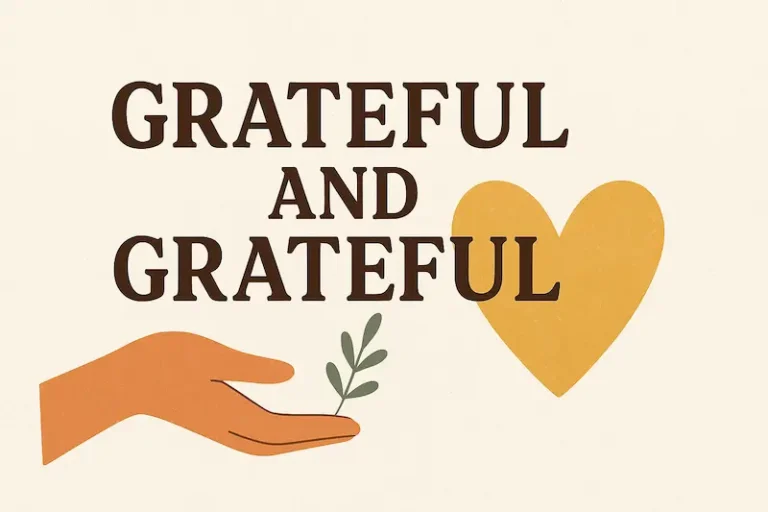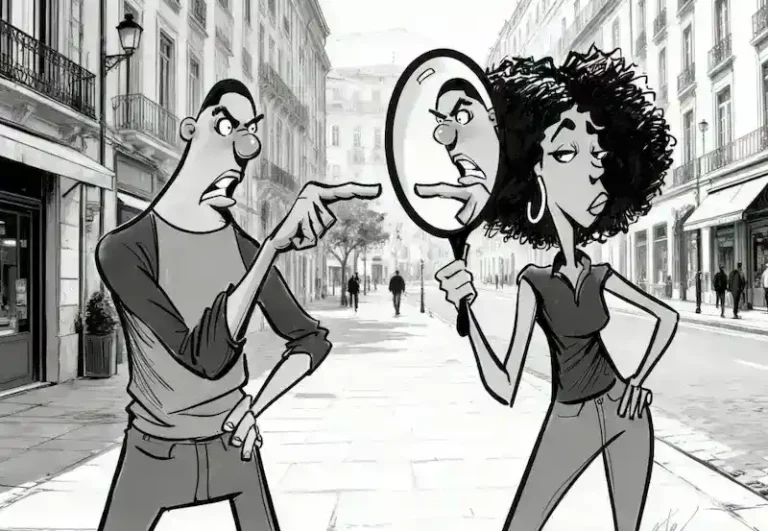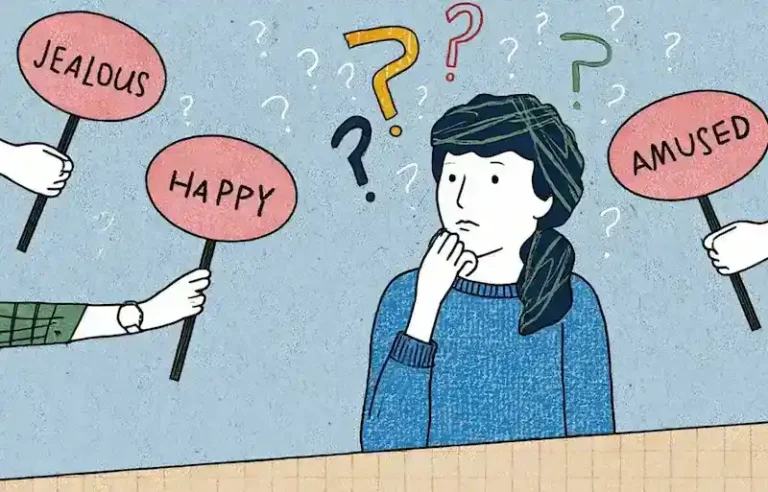Relationship Changes: How to End a Relationship Gracefully and Walk Away with Mature Dignity

Why Relationship Changes Are Inevitable
Every bond—whether it’s a decade-long friendship or a college romance—has an expiration date. A 2022 Pew Research survey found that 61 % of U.S. adults have grown apart from at least one close friend in the past five years. Time zones, career moves, shifting values, or simply new hobbies can widen the gap until polite small talk feels forced. Rather than viewing this drift as a failure, Americans are increasingly labeling it “relational evolution.”
• Common triggers of relationship changes
– Relocation for work or family
– Political or religious differences
– Lifestyle upgrades (kids, sobriety, fitness obsessions)

The American Way to Accept Drift
Unlike collectivist cultures that emphasize saving face as a group, the U.S. leans toward individual growth. Therapists like Dr. Andrea Bonior on Psychology Today advise that “if a bond no longer supports your authentic self, stepping back isn’t betrayal—it’s self-respect.”
Mature Breakup—No Drama, Just Dignity
When the gap can’t be bridged, how do you exit without turning Thanksgiving dinner into a Netflix special? The answer is a mature breakup: one conversation, zero blame, and a clean boundary.
The 3-Step Quiet Exit
- Schedule a neutral setting—think coffee shop, not your shared apartment.
- Use “I” statements: “I’m focusing on personal growth that takes me in a different direction.”
- Offer closure, not custody battles over mutual friends or Spotify playlists.
Celebrity Case Study—Chris Evans & Jenny Slate
After their 2017 split, both actors praised each other in interviews instead of spilling secrets. Evans told USA Today, “She’s the best; I’ll always love her,” while Slate called him “a lovely person” on Vulture. Result? Zero tabloid drama and continued professional respect
Relationship Changes at Work—Quiet Exit from Friendship
Workplace friendships add another layer. A 2023 LinkedIn poll showed 42 % of professionals have quietly distanced themselves from a colleague-turned-friend after a promotion created power imbalance. The American etiquette: keep collaboration cordial, avoid gossip, and schedule fewer “after-work drinks” until the friendship naturally cools.

How to Set Digital Boundaries
• Mute, don’t block, on Instagram to prevent awkward “why did you unfollow me?” texts.
• Archive chat threads instead of deleting them—keeps history intact without daily reminders.
• Update group-chat settings so you can bow out gracefully without ghosting.
Accepting Regret—The Silent Gift That Keeps on Giving
Even after a mature breakup, regret sneaks in at 2 a.m. Research by Harvard psychologist Daniel Gilbert shows Americans rate “relationship regret” as their #2 life sorrow, just behind career missteps. Here’s how to process it:
Bullet-Point Toolkit
• Name the emotion: “I’m grieving the shared Netflix queue.”
• Write an unsent letter—then shred it.
• Replace rumination with action: volunteer or join a new hobby group.
International Perspective—How Other Cultures Handle It
Japanese practice “mushin” (no mind), letting emotional waves pass without judgment. Danes embrace “hygge” solo to self-soothe after friendship fades. Borrowing these rituals can soften the American urge to “fix” every broken bond.
Cherish What’s Left—Gratitude Over Guilt
Stanford’s “Project on the Good Life” discovered that participants who wrote three gratitude notes to still-active friendships reported a 15 % spike in perceived social support. Translation: celebrating current relationships reduces the sting of the ones you’ve left behind.
Quick Gratitude Exercise
Take five minutes today to text a friend: “Remember when we road-tripped to Austin? Still one of my favorite memories—thank you.” Short, specific, powerful.
Rebuilding After Relationship Changes
Ending one chapter often kick-starts another. The American Psychological Association notes that post-breakup growth spikes when people treat the split as data, not defeat.
Step-by-Step Reframe
- Identify one lesson (e.g., “I ignored my own boundaries”).
- Set a micro-goal (weekly boundary check-in with new friends).
- Track progress in a notes app—celebrate small wins.
When to Seek Professional Help
If rumination lasts more than six months or affects daily function, the APA recommends a licensed therapist—especially one trained in ACT (Acceptance & Commitment Therapy) which excels at life-transition distress.
Relationship changes are as American as apple pie: messy, sweet, and inevitable. By mastering the quiet exit—whether from a romance, friendship, or workplace bond—you protect your dignity and leave the door open for healthier connections ahead. Got a story about ending a relationship gracefully? Drop it in the comments or share this post with someone who’s navigating their own mature breakup.






